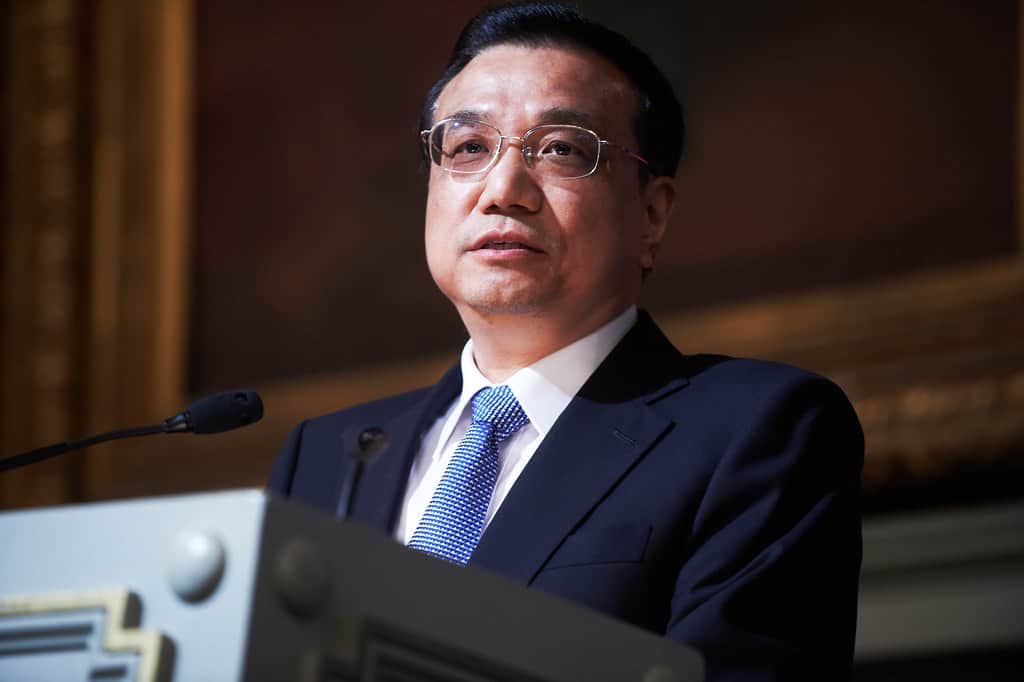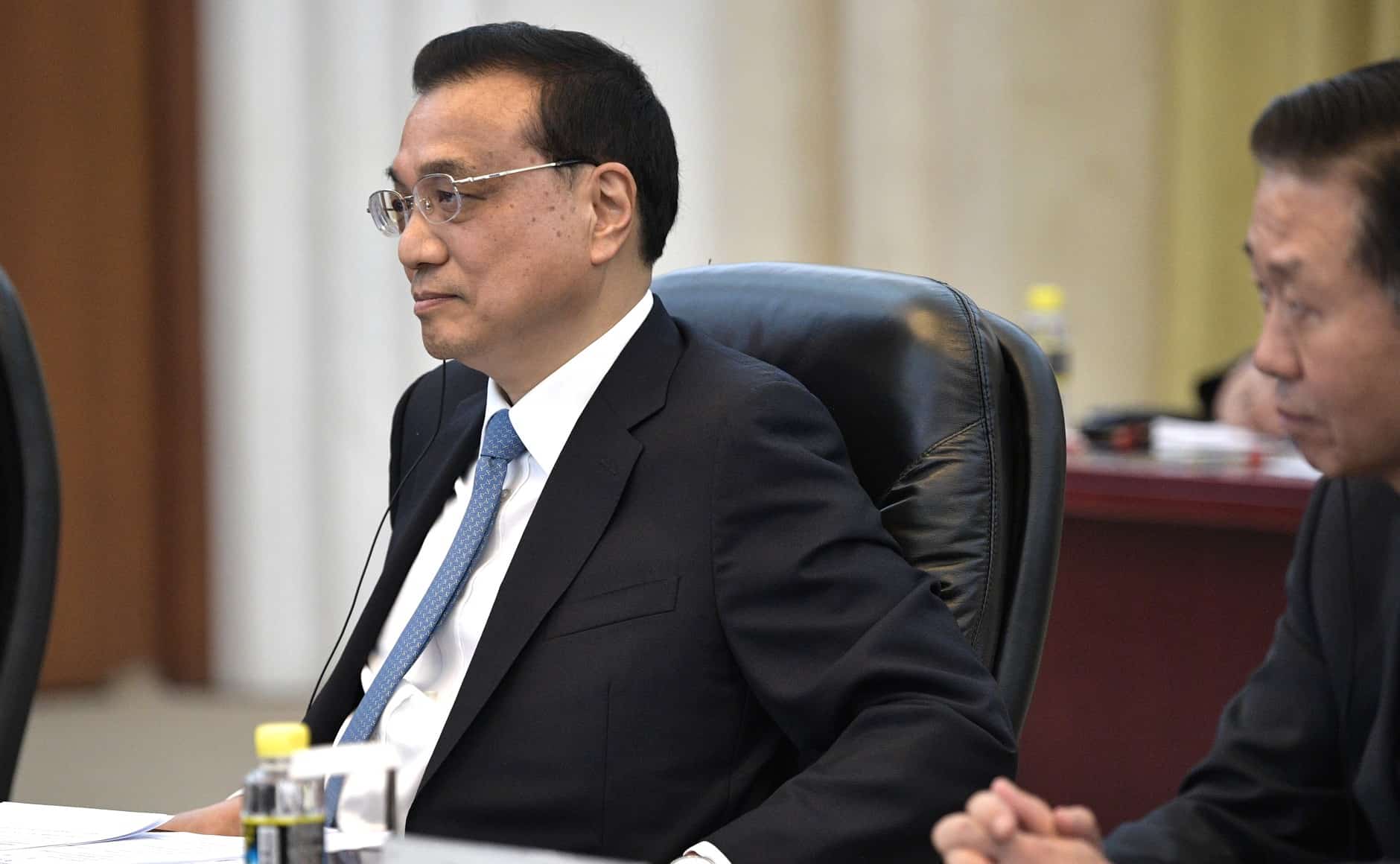China’s State Council has loosened restrictions on foreign investment in free trade zones with respect to sectors including civil aviation, entertainment, finance, travel, education and rail transportation.
The State Council has just issued the “Decisions Concerning Temporary Adjustments to Administrative Regulations, State Council Documents and State Council-approved Departmental Regulations in Free Trade Zone” (关于在自由贸易试验区暂时调整有关行政法规、国务院文件和经国务院批准的部门规章规定的决定) which makes adjustments to 16 regulatory areas.
The State Council Decisions permit the establishment of wholly foreign invested entertainment venues for the provision of services within free trade zones, as well as the construction and operation of wholly foreign invested petrol stations.
The Decisions also cancel restrictions on the acquisition or wholesale of rice, grain and corn by foreign companies, and the requirement that foreign-invesed municipal rail project must involve state-ownership of at least 70%.
The Decisions further allow foreign companies to invest in Internet service business sites, and cancels operating term restrictions for foreign invested banking institutions engaging in renminbi business.
Since the 19th National Chinese Communist Party Congress in October 2017 Beijing has signalled with increasing frequency that it plans to further open the Chinese economy to foreign investment.
Lian Ping (连平), chief economist for the Bank of Communications, said to Shanghai Securities News that Beijing is loosening restrictions for foreign entry into the services sector to introduce “good competition” and raise standards within China’s services sector, as part of efforts to further emphasis “high quality” economic growth.
“China’s level of opening in the industrial and manufacturing sectors is already very high, and in future it will accelerate external opening of the services sectors,” said Lian.
Zhang Jun (章俊), chief economist at Morgan Shidan Lihuaxin Securities, said that Beijing currently has an opportune moment for accelerating the opening of the financial sector, given that China’s deleveraging campaign has enjoyed some initial successes, domestic financial risk is on the decline, while the RMB exchange rate is unlikely to come under much pressure this year due to a tepid greenback.
“Opening RMB operations to foreign invested banks will be of benefit to further diversifying the participants in domestic financial markets, and further advancing interest rate marketisation, as well as the marketisation process for RMB exchange rate mechanisms,” said Zhang.



